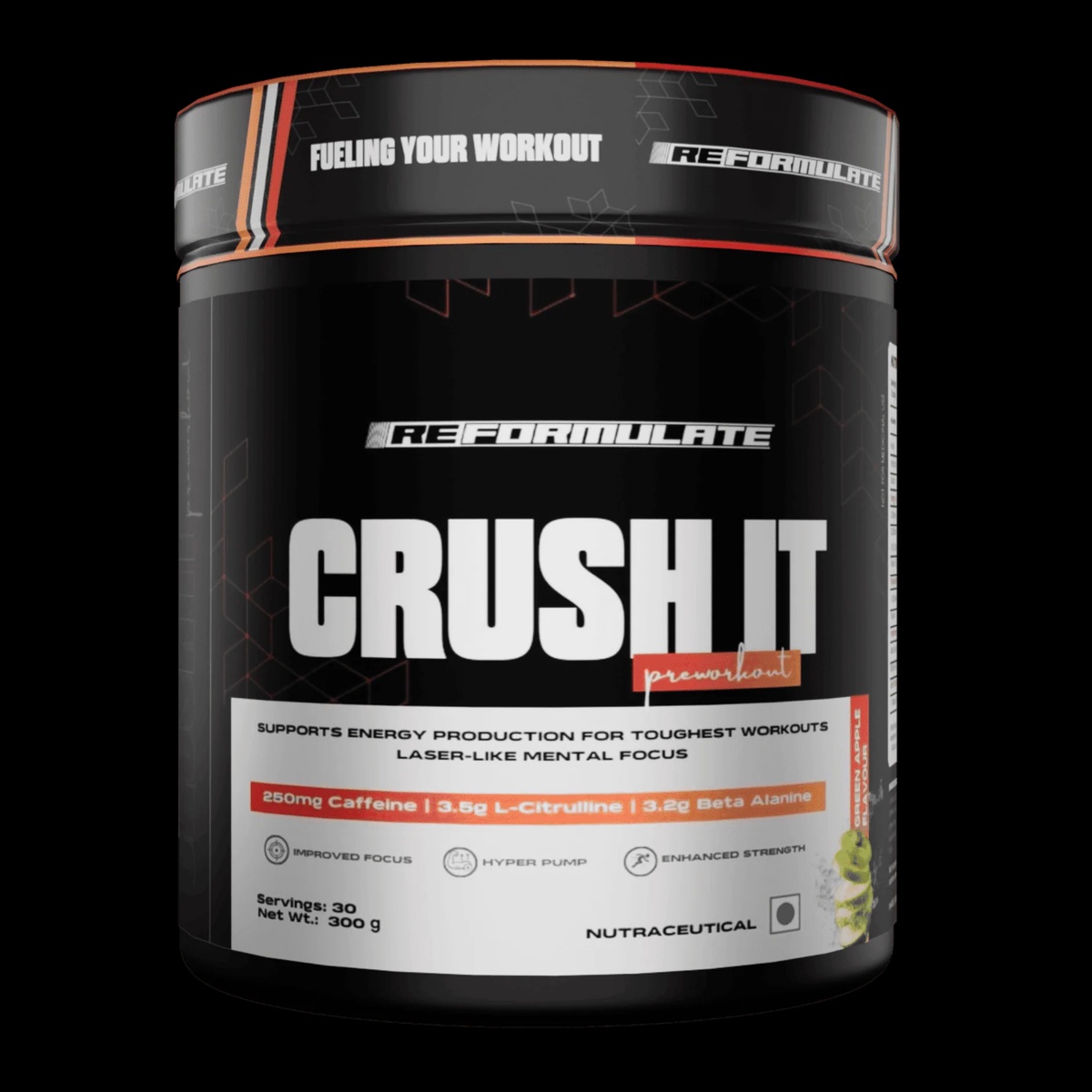Creatine monohydrate is a popular supplement used by athletes and fitness enthusiasts to improve exercise performance, increase muscle mass, and enhance strength. Here's how to take creatine monohydrate effectively:
Choose a High-Quality Product: When selecting a creatine supplement, opt for reputable brands known for their purity and quality standards. Look for products that contain pure creatine monohydrate without any added fillers or additives.
Dosage: The standard dosage for creatine monohydrate supplementation is typically around 3-5 grams per day for most individuals. Some people may choose to follow a loading phase for the first week, where they take around 20 grams per day (divided into smaller doses throughout the day) to saturate their muscles with creatine more quickly. However, this loading phase is not necessary and may lead to gastrointestinal discomfort for some individuals.
Timing: Creatine can be taken at any time of the day. Some people prefer to take it before or after their workout to maximize its benefits for exercise performance and muscle recovery. However, the timing is not critical, so you can choose a time that fits your schedule best.
Mixing: Creatine monohydrate is commonly available in powder form, which can be easily mixed with water, juice, or a protein shake. It's essential to mix the creatine powder thoroughly to ensure it dissolves completely.
Hydration: Creatine supplementation may increase water retention in the muscles, so it's essential to stay adequately hydrated while taking creatine. Drink plenty of water throughout the day to support optimal hydration levels.
Cycle:Some people choose to cycle their creatine supplementation by taking it for a certain period (e.g., 8-12 weeks) followed by a break before starting again. However, there is no conclusive evidence suggesting that cycling is necessary for everyone, so you can decide whether or not to cycle based on your individual preferences and goals.
Consultation: Before starting any new supplement regimen, including creatine monohydrate, it's always a good idea to consult with a healthcare professional, especially if you have any pre-existing medical conditions or concerns.
Monitoring: Pay attention to how your body responds to creatine supplementation. While most people tolerate it well, some individuals may experience gastrointestinal discomfort or other side effects. If you experience any adverse reactions, discontinue use and consult with a healthcare professional.
Remember, while creatine supplementation can be beneficial for many individuals, it's essential to combine it with a balanced diet and regular exercise for optimal results. Additionally, individual responses to creatine may vary, so what works best for one person may not be the same for another.
How to use creatine monohydrate
Creatine monohydrate is a popular dietary supplement used primarily by athletes and fitness enthusiasts to enhance athletic performance, increase muscle mass, and improve exercise recovery.
what does creatine monohydrate do
Creatine monohydrate is a popular dietary supplement primarily used by athletes and fitness enthusiasts to enhance performance during high-intensity, short-duration activities, such as weightlifting and sprinting. Here's what creatine monohydrate does:
Increases ATP Production: Creatine is converted into phosphocreatine in the body, which helps regenerate adenosine triphosphate (ATP), the primary energy currency of cells. This increased ATP availability can improve short-term energy production during intense exercise.
Enhances Muscle Strength and Power: By increasing ATP availability, creatine supplementation can enhance muscle strength and power output, allowing
- individuals to lift heavier weights or perform explosive movements more effectively.
- Aids Muscle Growth: Creatine supplementation has been shown to increase muscle mass and promote muscle hypertrophy, likely due to its ability to enhance strength and facilitate greater training intensity and volume.
Improves Exercise Performance: Research suggests that creatine supplementation can improve performance in activities that require short bursts of intense effort, such as sprinting, jumping, and weightlifting. It may also enhance endurance in certain conditions, such as during repeated bouts of high-intensity exercise with short rest intervals.
Facilitates Muscle Recovery: Creatine may help reduce muscle damage and inflammation following intense exercise, potentially leading to faster recovery between workouts.
Neuroprotective Effects: Some studies suggest that creatine supplementation could have neuroprotective effects and may benefit neurological conditions characterized by impaired energy metabolism, such as Parkinson's disease and traumatic brain injury.
Other Potential Benefits: Creatine supplementation has also been investigated for its potential benefits in various health conditions, including muscle wasting diseases, metabolic disorders, and cognitive function. However, more research is needed to confirm these effects.
It's important to note that individual responses to creatine supplementation can vary, and some individuals may not experience significant benefits. Additionally, proper hydration is essential when supplementing with creatine to maximize its effectiveness and minimize potential side effects. As with any supplement, it's advisable to consult with a healthcare professional before beginning creatine supplementation, especially if you have any underlying health conditions or concerns.


No comments yet